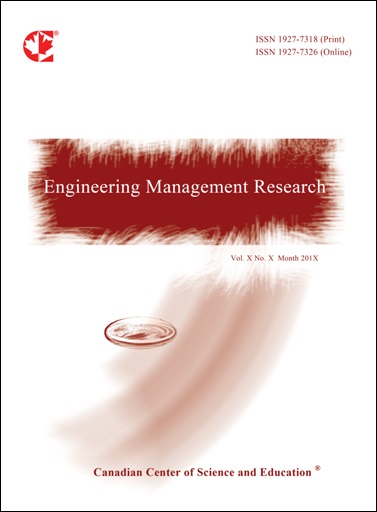Mobile Audience Interaction – Explaining the Adoption of New Mobile Service Applications in Socially Enriched Environments
- Rita Faullant
- Johann Fuller
- Kurt Matzler
Abstract
Mobile communication with its rapidly evolving new functionalities and services has become one of the most important technological innovations over the last decade. The diffusion of such new services is, however, difficult to predict and the adoption of new mobile services might in fact be triggered by factors that have not been foreseen by traditional models of acceptance and diffusion. The technology acceptance model and the theory of planned behavior are the two main models discussed in the literature, both of which have been tested mainly in work or organizational contexts. Mobile services, however, are often used in socially enriched environments where the adoption and use of a mobile service is not solely a question of persuasion but also reflects individuals’ need for relationships with others and with social groups. We have therefore extended the traditional models to reflect this fact and report here on the results of an online study which investigates intentions regarding adoption of a new mobile service application, namely mobile voting. The study was carried out in an online cinema community. Possible moderating effects of involvement, cell phone skills, and consumers’ innovativeness are also investigated in this study.
 PDF
PDF
